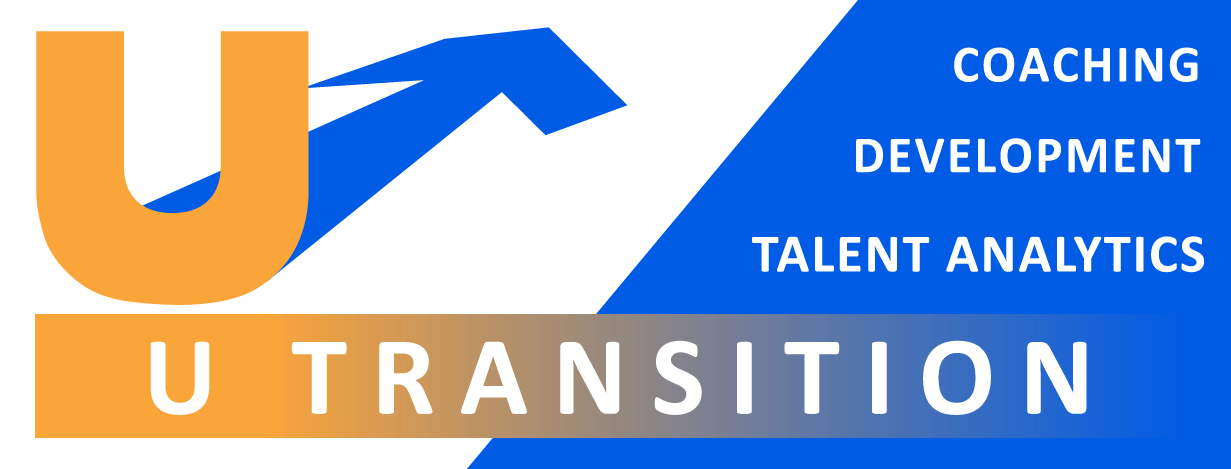
 There are many types of assessments and each has its own purpose.
There are many types of assessments and each has its own purpose.
A critical consideration in selecting an assessment is to use an assessment that fits your purpose. If you are attempting to hire, develop, promote, and retain talent, the assessments must produce reports that are related to the requirements of the job.
Does the assessment use the same set of factors for every job? If that is the case, it is very unlikely to effectively predict job success.
In order to predict job success the assessment must be job-specific. For example, many personality tests use the same set of personality factors for every job. The majority of these factors are likely to be irrelevant to job success for any one job.
How can recruiters or line managers know how to use such information when it is not job specific? Using such assessments is not only counter-productive, it violates hiring ethics, and in many cases, legal guidelines.
The things being measured and considered when making employment decisions must be specific to the job and not confused with things that don’t relate to success for that job. This eliminates many off-the-shelf assessments, but it is just common sense. However, some off-the-shelf assessments are able to be configured to the job and even offer performance research related to success for a large variety of job types.
Considering norms for factors that are unrelated to job success reduces diversity, which is important for having a variety of viewpoints to make better decisions.
Some assessment providers show norms related to their assessment scores. At first glance this may seem to help interpretation. However, it usually causes misinterpretations. If the factor is not related to job success, there is no value in knowing the norm.
If the norm is presented as an ideal range, this also creates confusion since no one really wants to hire people who are average.
The Harrison Assessment results in a rich set of accurate and reliable Decision Analytics that focus on crucial success and engagement factors for any given job. These Decision Analytics support and accelerate decisions throughout the entire talent management life cycle – from recruiting and hiring… to performance management… to learning and development… to leadership development and succession planning… to team building.
Employers can strengthen their Decision Analytics even further by tailoring our assessment to their specific jobs. Harrison Assessments makes this easy by providing them with more than 6,500 Job Success Formulas and a Job Analysis Toolkit.
